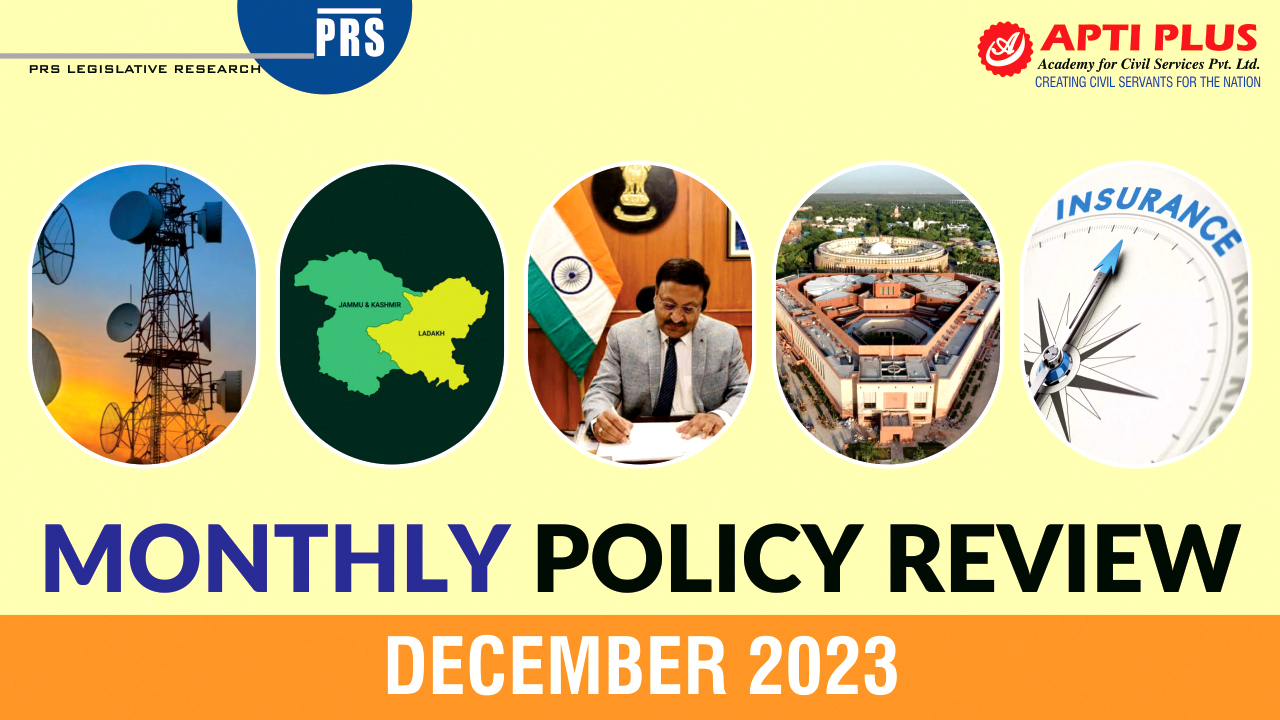Description
.png)
Copyright infringement not intended
Picture Courtesy: https://mediabrief.com/thip-x-who-vaccine-safety-net/
Context: The Healthy Indian Project (THIP) has joined the Vaccine Safety Net of the World Health Organization (WHO) to offer reliable and verified information on vaccine safety to the people of India and contribute to the global effort to provide accurate details on immunization.
Details
- The Healthy Indian Project (THIP), a leading health information platform in India, has achieved a significant milestone by becoming a member of the World Health Organization's Vaccine Safety Net (VSN). This reflects THIP's unwavering commitment to delivering credible and verified vaccine safety information to the Indian population.
- VSN is a global network of websites established by the WHO, providing trustworthy and verified information on vaccine safety. Currently encompassing 110 websites from 45 countries and offering information in 43 languages.
Implications of THIP Joining VSN
- Increased Reliability and Trust: THIP's inclusion in VSN enhances the credibility of its vaccine safety information. Adherence to strict standards and regular evaluations ensure the accuracy and trustworthiness of THIP's content.
- Wider Reach and Impact: Membership in VSN provides THIP access to a broader audience, facilitating the dissemination of accurate vaccine information across diverse populations in India. Addresses varying levels of healthcare literacy in different regions.
- Enhanced Public Health Efforts: THIP, as a VSN member, becomes a pivotal player in promoting public health initiatives in India. Empowering individuals with evidence-based vaccine information contributes to informed decision-making, potentially improving vaccination rates and public health outcomes.

Current Trends and Considerations
- Misinformation and Hesitancy: Global challenges include vaccine hesitancy and misinformation, prevalent even in India. THIP's role in VSN positions it to counter misinformation by providing reliable information for informed decision-making.
- Importance of Local Context: VSN offers global frameworks, but THIP's understanding of the Indian healthcare system and cultural nuances is crucial. Tailoring information to the local context ensures accessibility and relevance for the diverse Indian population.
- Evolving Landscape: The field of vaccine safety is dynamic, with the continuous emergence of new research and data. THIP, along with VSN, needs to stay updated and adapt information to maintain accuracy and relevance.
Conclusion
- THIP's inclusion in VSN is a positive development signaling its commitment to providing accurate vaccine safety information in India. This collaboration has the potential to significantly contribute to improved public health outcomes, addressing challenges such as misinformation, hesitancy, and varying healthcare literacy levels.
|
PRACTICE QUESTION
Q. The rapid development of new technologies like artificial intelligence and gene editing offers potential solutions for global health challenges but also raises ethical concerns and potential for misuse. How to ensure responsible development and equitable access to these technologies, while mitigating potential risks and ensuring they benefit all populations, not just the privileged few?
|




.png)










